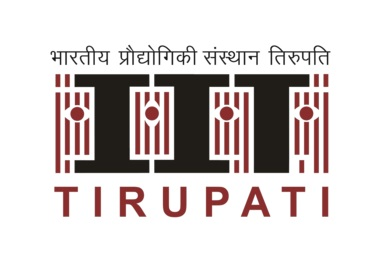
- This project has passed.
Credit Markets and Policies in South Asia: Issues and Challenges
Credit Markets & Policies in South Asia
Start time:
December 7, 2022 - December 9, 2022
EST
Location:
Indian Institute of Technology Tirupati, Tirupati, Andhra Pradesh
Type:
Other

Speakers
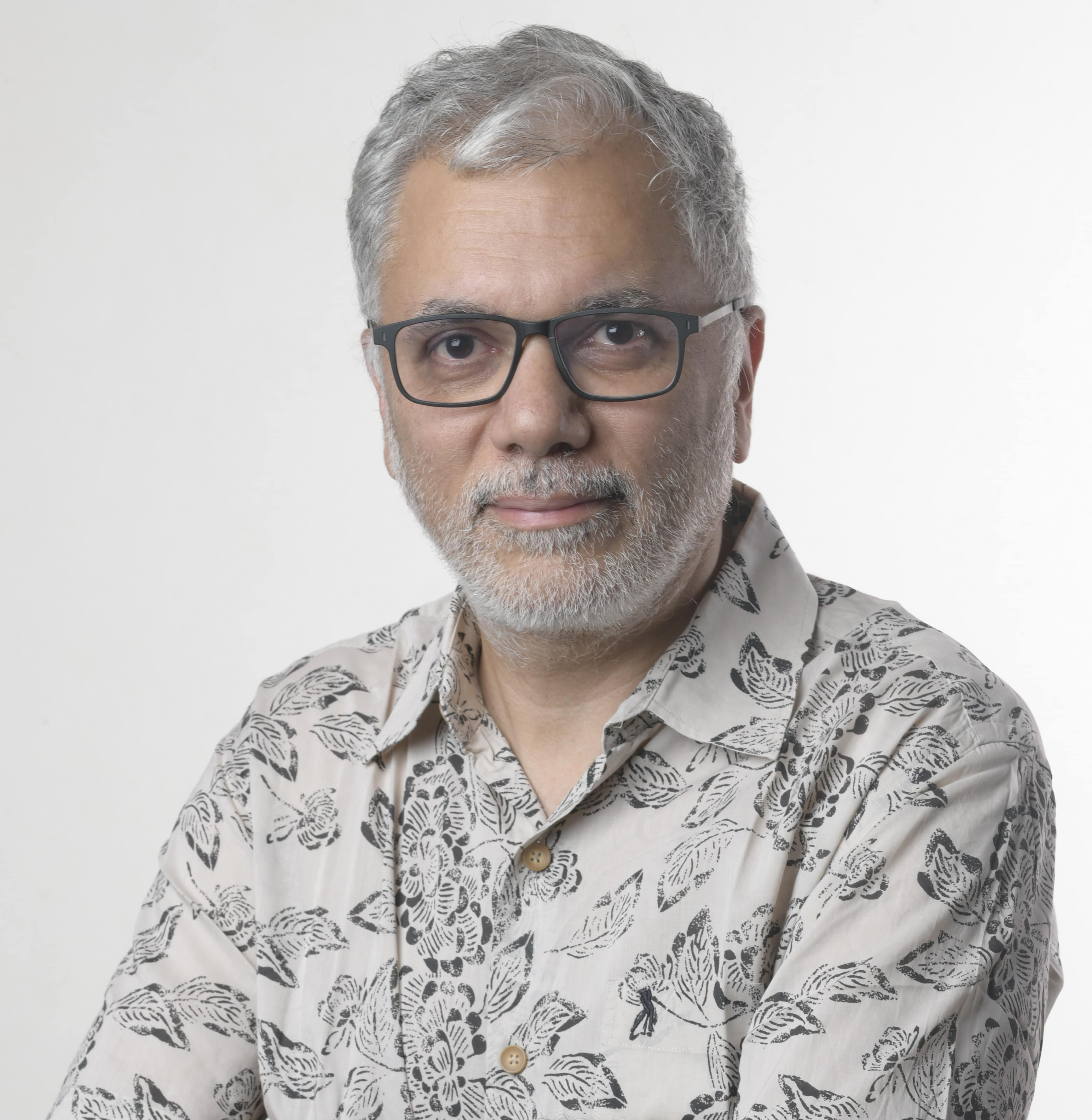
Ajay Shah
Prof.
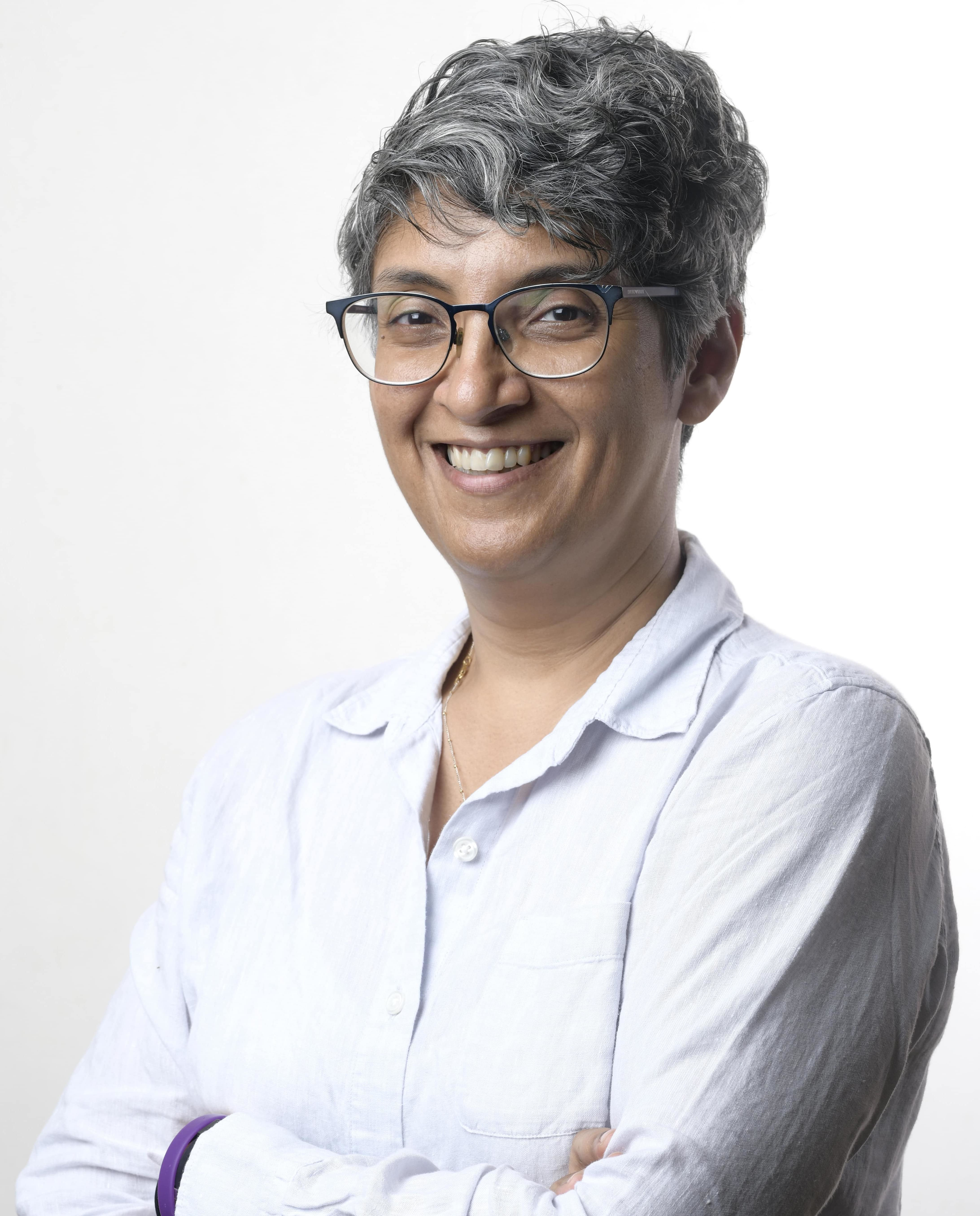
Susan Thomas
Dr.
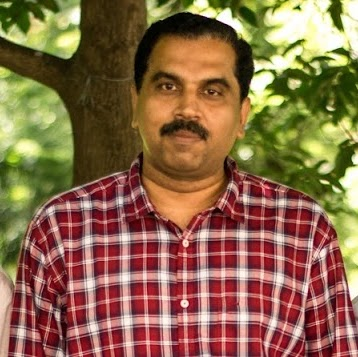
Subash Sasidharan
Prof.

Arjun Jayadev
Prof.
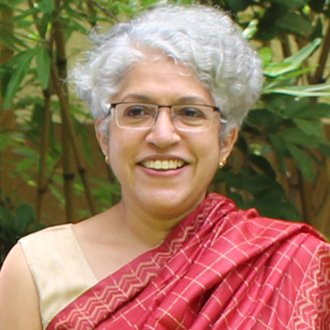
Madhura Swaminathan
Prof.
Local Partners
Description
Access to credit is an essential tool to empower poor and marginalised groups, especially women, to challenge social stratification, overcome poverty and manage social risks. Besides the weak and vulnerable, the states, small, medium, and large business entities also depend on credit for day-to-day operation, expansion, improvement, and welfare. During the Covid-19 pandemic, economies of all sizes and shapes heavily relied on credit levers to mitigate the pandemic and protect populations from hunger and destitution. In the wake of the pandemic, existing beliefs about the amount of debt sovereign states can borrow, the speed of borrowing, and the level of deficit considered acceptable by the market economy came to be reassessed. Re-orienting credit structures has also taken centre-stage with the growing clamour for greening finance and reshaping it towards climate change mitigation efforts. But despite all of these well-established benefits of cheap, reliable credit, credit access has been far from universal. The massive expansion of financial services and markets notwithstanding, empirical evidence indicates the continued existence of caste, gender, racial and spatial inequalities. In several developing countries, large corporations, multi-nationals and agribusinesses have cornered the largest shares of credit even as smaller borrowers have found themselves excluded from the fruits of financial development. The absence of a formal or empowering credit system has had a number of adverse implications including a growing dependence on exploitative informal money-lending systems which has forced vulnerable households into cycles of debt and destitution.
It is in this context, that this workshop, through an interdisciplinary lens, seeks to explore credit structures in South Asia. South Asia is a region where rigid social hierarchies, economic inequalities, deeply embedded casteist and patriarchal social norms have continued to influence the functioning of credit markets. This is also a region where governments and policy makers have deployed innovative policies to reshape credit markets and make them more egalitarian. The model of Grameen Bank which received global recognition when Prof. Muhammad Yunus and Grameen Bank received the Nobel Peace Prize in 2006 and the scores of microfinance and Self-Help Groups (SHGs) that have sprouted across Afghanistan, Sri Lanka and India are all examples of the kind of innovations that policy makers have introduced in the region.
Against this background, the Department of Humanities and Social Sciences (HSS), Indian Institute of Technology Tirupati and the INET-Young Scholars Initiative South Asia Working Group (YSI-SA), jointly invite papers from PhD scholars (final years) and early career researchers for a two-day workshop on issues and challenges related to credit structures in South Asia. Submissions are not limited to the areas listed below, but should ideally relate to the credit system.
- Household Credit
- Agriculture Credit
- Firm Credit
- Informal Credit
- Public Finance
- Green Finance/Climate Finance/ Sustainable Finance
Speakers Confirmed
Ajrun Jayadev (APU, Bengaluru)
Madhura Swaminathan (ISI, Bengaluru)
Important Dates
Workshop Dates: 7-9 December 2022
Last date for submission of Abstracts: 15 September 2022
Full Papers Submission: 30 September 2022
Final Acceptance: 7 October 2022
Financial Support
A limited number of scholars from South Asia will receive financial assistance to cover travel and accommodation. All papers must be submitted within the deadlines without exception. The full paper should pass a reasonable peer review standard. Such scholars will be ineligible for reimbursement if they fail to comply with the requirements.
Department of Humanities and Social Sciences (HSS), Indian Institute of Technology-Tirupati
The Department of Humanities and Social Sciences (HSS), Indian Institute of Technology Tirupati came into existence in 2015. The department currently has 10 faculty members and 12 PhD students working in the broad areas of humanities, social sciences and management studies. Starting from 2022 the department has started a two-year Masters of Public Policy (MPP) with a particular emphasis on promoting critical thinking and data-driven responses.
Address of host
Indian Institute of Technology Tirupati
Yerpedu – Venkatagiri Road, Yerpedu Post,
Tirupati District, A.P – 517619
For any further information, please contact us;
[email protected]
[email protected]

